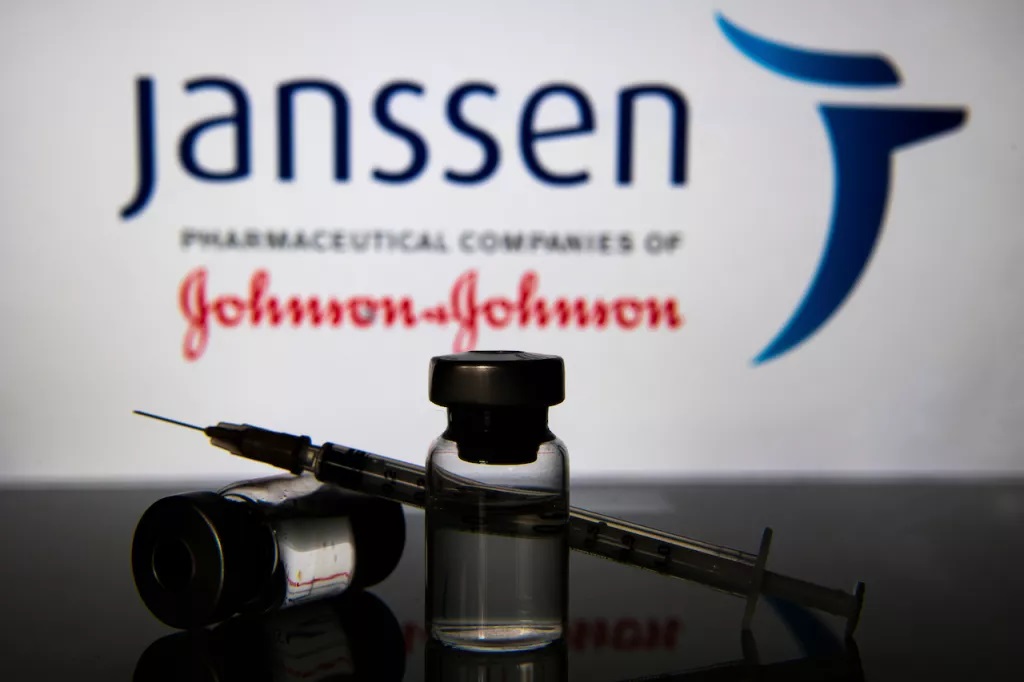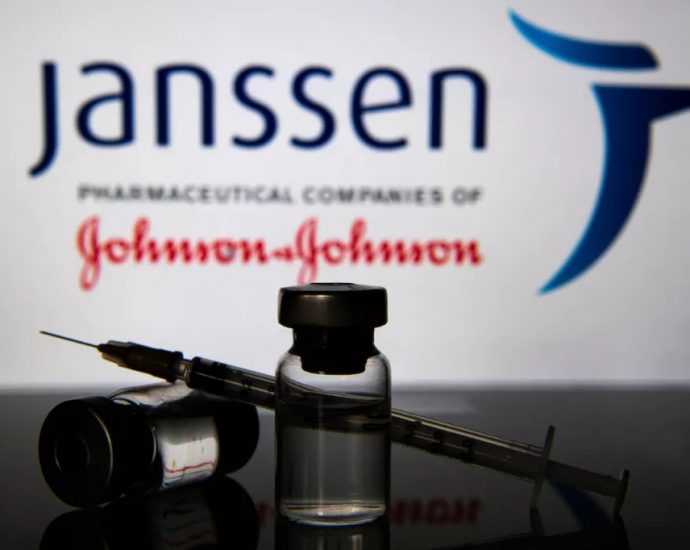Around 100 cases of Guillain-Barré have been reported in people who received the J&J vaccine.

The Food and Drug Administration (FDA) is expected to announce a new warning for Johnson & Johnson’s COVID-19 vaccine, following preliminary reports of a rare nerve condition that developed in a very small fraction of people who received the shot, according to recent news reports.
But regulators say that the risks of developing this rare condition, known as Guillain-Barré syndrome, in which the immune system attacks the nerves, is very low and the benefits of receiving the vaccine still greatly outweigh the risks, according to The Washington Post.
Through a symptom monitoring system called the Vaccine Adverse Event Reporting System, regulators have found 100 suspected cases of Guillain-Barré syndrome, but the reports are considered preliminary, according to The New York Times.
In the U.S., more than 12.8 million people have been vaccinated with Johnson & Johnson’s COVID-19 vaccine, according to the Centers for Disease Control and Prevention (CDC). Still, the risk of developing the condition may be about three to five times higher in those who received the Johnson & Johnson vaccine as compared with the general U.S. population, according to the Times. Among the general U.S. population, about 3,000 to 6,000 people are thought to develop the condition each year, according to the Post.
The warning will likely be added to the fact sheets that are given to health care providers and patients.
The cases were mainly reported about two weeks after vaccination and mainly among males ages 50 years and older, according to a CDC statement, the Times reported.
Guillain-Barré syndrome can cause muscle weakness and sometimes paralysis, and symptoms typically last for a few weeks to a couple years, according to the CDC. While Guillain-Barré has led to deaths and permanent nerve damage in some, most people fully recover, according to the CDC. Viruses and bacteria are typically the culprits in triggering the syndrome, but rarely, certain vaccines have also triggered it, according to the CDC.
“It’s not surprising to find these types of adverse events associated with vaccination,” Dr. Luciana Borio, a former acting chief scientist at the FDA, told the Times. The data so far show that the vaccine’s benefits “continue to vastly outweigh the risks.”
The news is another setback for Johnson & Johnson’s COVID-19 vaccine, which was put on a brief pause in April in the U.S. while experts discussed cases of rare blood clots that occurred among a tiny fraction of people who received it. Administration of the vaccine resumed after an advisory panel concluded that its benefits outweigh its risks, Live Science previously reported.
No known link has been found between the syndrome and the other two COVID-19 vaccines administered in the U.S., those developed by Moderna and Pfizer/BioNTech, which use a completely different technology platform.





















